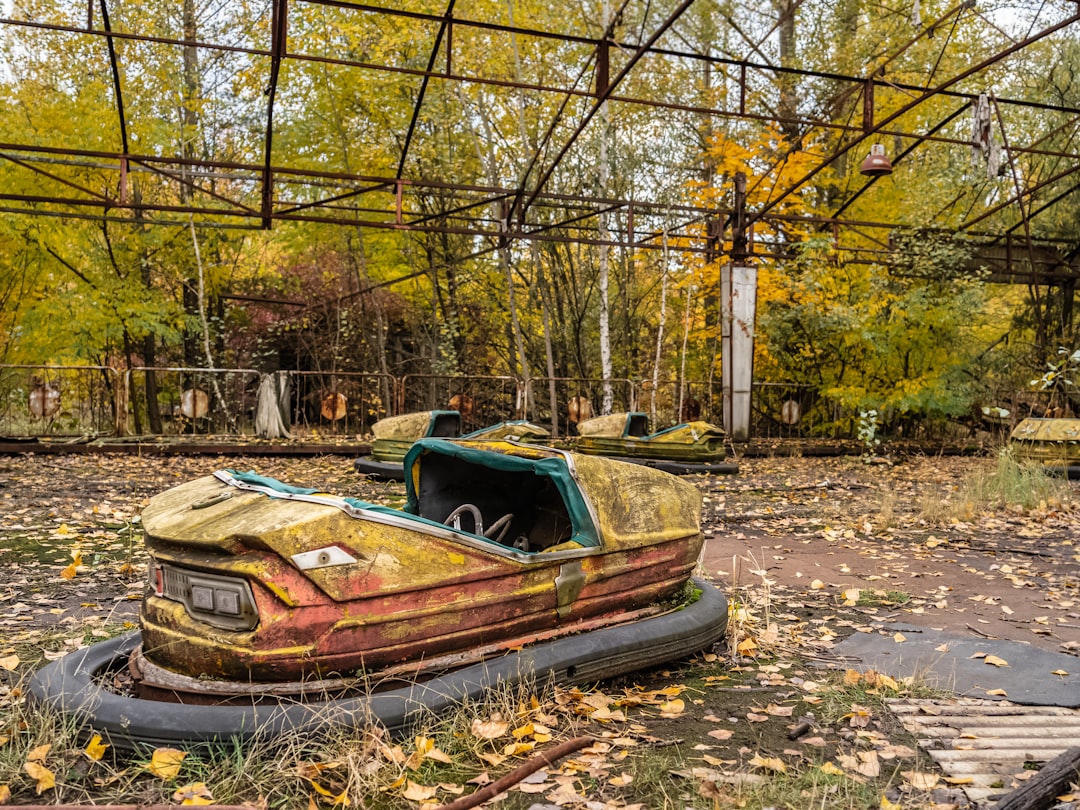Civilizational Bootstrap; The Knowledge; Collapse OS
While I’m as optimistic as a fraction of the skeptical general population may be, it sure is easier than ever to envision us stumbling into a catastrophic scenario where we have to start all over again, at least from a technology standpoint.
So, “what if” we had to do it all over again? Where would we start? What knowledge base do we lean on for help?
Today’s Drop covers three resources that can help in the event my existential scenario does pan out in our collective lifetimes.
Civilizational Bootstrap

Civilizational Bootstraper aims to create a self-replicating technology stack for building a minimalist computer from scratch. This would simplify technology and make it more understandable, replicable and adaptable. The odd-but-admirable goal of the project is to reduce the complexity of each technology stack to a point where it can rebuild itself.
Modern computers require a large and complex supply chain that Civboot aims to simplify. Starting with the simplest tools, “Civboot” will work on software, precision engineering, semiconductor fabrication and other technologies required to build a basic computer. The end goal is for the Civboot factory to be able to build another Civboot factory from raw materials. While a full Civboot may take a long time to build, the process of simplifying technology will provide many benefits along the way.
The Knowledge

Lewis Dartnell is an astrobiologist (i.e., he searches for life beyond Earth) at the University of Westminster. Said career-infused self-awareness that we are (potentially) just minuscule blips in the outer spiral arm of a giant, alien-filled galaxy likely contributed to his creation of: The Knowledge: How to Rebuild Our World from Scratch (the-knowledge.org).
This book serves as a quick-start guide to restarting civilization following a global catastrophe. It explores the most important scientific discoveries and technological innovations throughout history that would be essential for rebuilding civilization as quickly as possible.
Dartnell delves into various fields, such as chemistry, medicine, physics, agriculture, and other sciences, to capture the most salient ideas needed for recreating the modern world. Make no mistake: this book is not about basic survival skills! It focuses on how to rebuild the infrastructure of civilization from scratch.
You’ll catch visions of a post-apocalyptic world that may look like a steampunk mix of technologies from different historical periods, with survivors using salvaged materials and reinventing essential tools and processes. The book also highlights the importance of the scientific method as the ultimate knowledge-generating machine that would allow humanity to recover and rebuild.
While it is not free, it is available for loan from the internet archive.
Collapse OS

In a world where the global supply chain has broken down and access to computing resources is scarce, Collapse OS emerges as a resilient and self-replicating operating system designed to run on minimal hardware and improvised machines. Developed by software engineer Virgil Dupras, Collapse OS is an open-source project that aims to preserve the ability to program microcontrollers in the event of a civilizational collapse[2].
Under the hood, Collapse OS is a Forth operating system with a collection of tools and documentation designed to:
run on minimal and improvised machines, such as 8-bit Z80, 8086, 6809, and 6502 machines.
interface through improvised means, like serial, keyboard, and display.
edit text files.
compile assembler source files for a wide range of microcontrollers and CPUs.
read and write from a wide range of storage devices.
assemble itself and deploy to another machine.
The goal of the project is to be as self-contained as possible, allowing a capable and creative person to build and install Collapse OS without external resources (i.e., internet) on a machine of their design, built from scavenged parts with low-tech tools.
The Collapse OS web-site-proper has a borked TLS certificate so I cannot in good conscience link to it. However, a fork is hosted on Github, and its creator is looking for other developers to collaborate on the project. The operating system can run on any POSIX platform and does build. The project has gained attention on platforms like Reddit, where users discuss its potential applications and share their thoughts on the project.
While Collapse OS is designed for a post-apocalyptic scenario, it also serves as a reminder of the importance of building resilient technology and preserving the ability to program microcontrollers in the face of potential global challenges.
FIN
Before you toss some shade my way for a potentially depressing Drop, it could be worse! As Prostetnic Vogon Jeltz announced 📢:
“People of Earth, your attention, please. This is Prostetnic Vogon Jeltz of the Galactic Hyperspace Planning Council. As you are no doubt aware, the plans for the development of the outlying regions of the Galaxy require the building of a hyperspatial express route through your star system, and regrettably, your planet is one of those scheduled for demolition. The process will take slightly less than two of your Earth minutes. Thank you.”
☮
Leave a comment